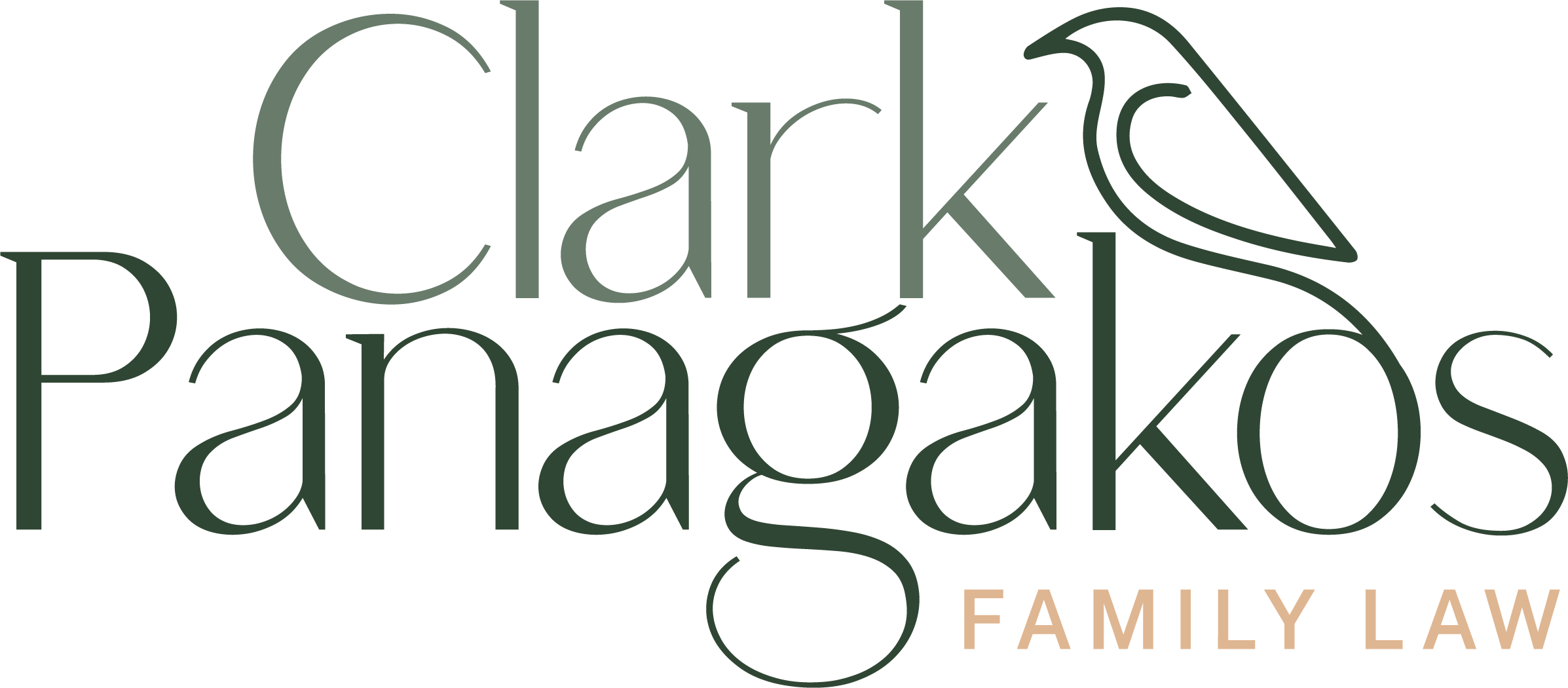Alternative dispute resolution methods, such as mediation or collaborative practice, over litigation in family law cases can offer several benefits to clients.
Clark Panagakos Family Law encourage clients to choose alternative dispute resolution for some of the following reasons:
- Cost-Effectiveness
Litigation can be a lengthy and expensive process. Court fees, solicitor and barrister fees, and other related disbursements rapidly accumulate, placing a significant financial burden on clients. Alternative dispute resolution methods often have lower costs since they involve fewer formal court proceedings. Often once you are before the Court, the Court will refer you back to dispute resolution to resolve the matter prior to a court determination. By choosing alternative dispute resolution, clients can potentially address the issue in dispute earlier than court intervention, save money and allocate resources more effectively.
- Time-Efficiency
Resolving family law matters through litigation can take months or even years due to court schedules, court resources and legal complexities. On the other hand, alternative dispute resolution methods offer a more flexible and efficient process. Mediation or collaborative law sessions can be scheduled at mutually convenient times, allowing parties to reach resolutions more quickly. This can be particularly beneficial when urgent matters, such as care arrangements need to be addressed promptly.
- Preservation of Relationships
Family law matters often involve ongoing relationships between parties, especially when children are involved. Litigation can be adversarial and contentious, damaging already strained relationships and making future co-parenting or communication difficult. Alternative dispute resolution methods prioritise, promote and support cooperation, open communication, and finding mutually beneficial solutions. This approach can help preserve relationships, reduce conflict, and promote a healthier environment for all parties involved.
- Control and Empowerment
In litigation, the final decision rests with the judge, who may not fully understand the unique dynamics and intricacies of the family situation. Alternative dispute resolution methods empower parties to actively participate in the decision-making process. They have greater control over the outcome and can collaborate on customised solutions that best fit their specific circumstances and priorities.
- Flexibility and Creativity
Alternative dispute resolution methods allow for more flexibility and creativity in finding solutions. Parties can explore a range of options beyond what a court may order. This flexibility enables tailored agreements that address the specific needs and interests of each party and their families, promoting a higher level of satisfaction and long-term compliance with agreements.
While litigation may be necessary in certain cases, many families can benefit from the advantages offered by alternative dispute resolution methods.

